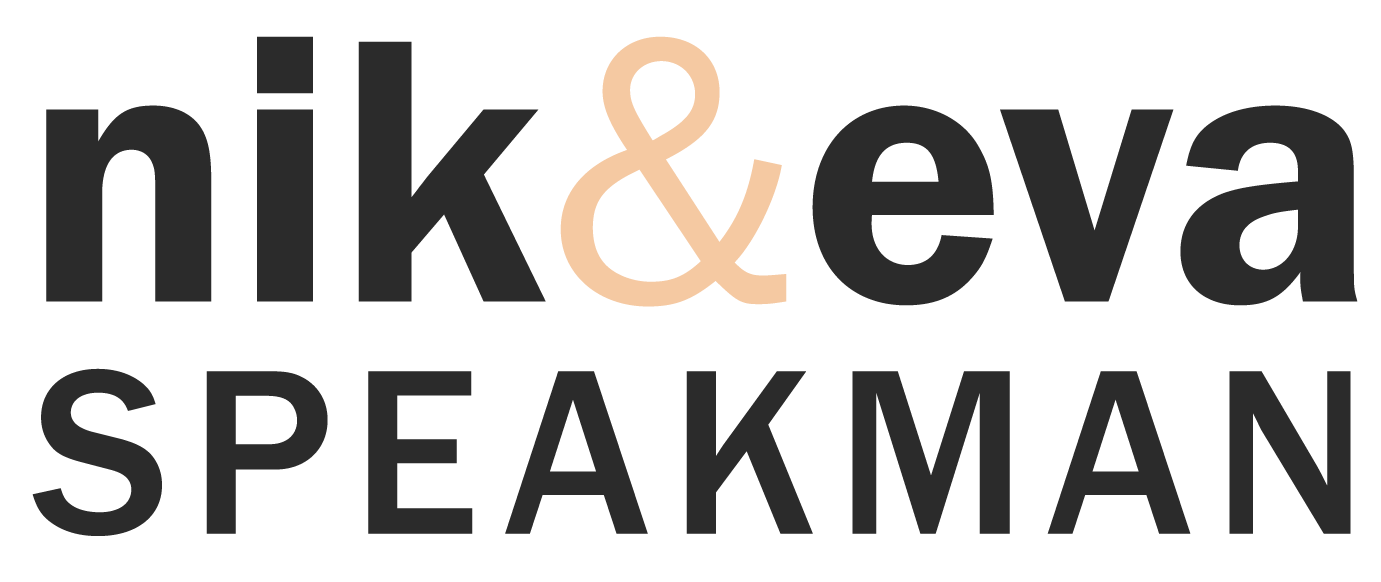6 common causes of forgetfulness
Memory slips are aggravating, frustrating, and sometimes worrisome. When they happen more than they should, they can trigger fears of looming dementia or Alzheimer’s disease. But there are also many mundane, and treatable causes of forgetfulness.
Here are seven common ones…
Lack of sleep
Not getting enough sleep is perhaps the greatest unappreciated cause of memory slips. Too little restful sleep can also lead to mood changes and anxiety, which in turn contribute to problems with memory.
Medications
Tranquilizers, antidepressants, some blood pressure drugs, and other medications can affect memory, usually by causing sedation or confusion. That can make it difficult to pay close attention to new things. Talk to your doctor or pharmacist if you suspect that a new medication is taking the edge off your memory. As alternatives are usually available.
Underactive thyroid
A faltering thyroid can affect memory (as well as disturb sleep and cause depression, both of which contribute to memory slips). A simple blood test can tell if your thyroid is doing its job properly.
Alcohol
Drinking too much alcohol can interfere with short-term memory, even after the effects of alcohol have worn off. Although “too much” varies from person to person, it’s best to stick with the recommendation of no more than two drinks per day for men and no more than one a day for women.
Stress and Anxiety
Anything that makes it harder to concentrate and lock in new information and skills can lead to memory problems. Stress and anxiety fill the bill. Both can interfere with attention and block the formation of new memories or the retrieval of old ones.
Depression
Common signs of depression include a stifling sadness, lack of drive, and lessening of pleasure in things you ordinarily enjoy. Forgetfulness can also be a sign of depression, or a consequence of it. If memory lapses are bugging you, it’s worth a conversation with your doctor to see if any reversible causes are at the root of the problem. Something like getting more sleep, switching a medication, or a stress reduction programme could get your memory back on track.

